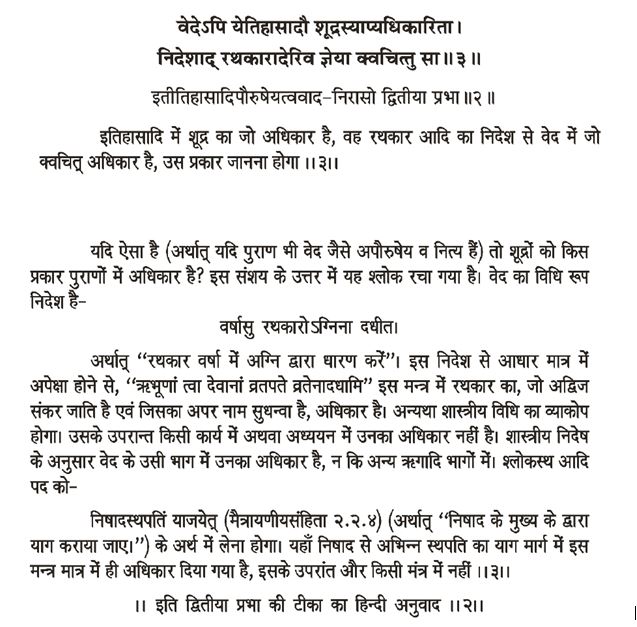In the highly upvoted answer, I don't see how reference to commentaries of Uvata and Mahidhara led the member to conclude that Vedas can be chanted by everyone.
Rishi Laugakshi is said to be the Mantra-Drashta for this verse. All this verse is talking about is one's wish to be blessed in a way that his speech can be addressed to everyone and let that speech be "kalyani" ( pleasing). Quoting again the English translation from the upvoted answer
जनेभ्योऽर्थाय । के ते जना इत्यत आह । ब्रह्मराजन्याभ्यां ब्राह्मणाय राजन्याय च शूद्राय च अर्याय च । अर्यो वैश्यः । स्वाय चात्मीयाय च । अरणः अपगतोदकः पर इत्यर्थः ।
Just as, this auspicious i.e. non-violent speech, I shall speak for the sake of the people. Who are these people? brahma-rAjanya, i.e. brAhmaNa and rAjanya, and shUdra and arya - arya is vaishya, one's own people and others (i.e. strangers).
Mahidhara: इमां कल्याणीमनुद्वेगकरीं वाचमहं यथा यतः आवदानि सर्वतो ब्रवीमि दीयतां भुज्यतामिति सर्वेभ्यो वच्मि । केभ्यस्तदाह । ब्रह्मराजन्याभ्यां ब्राह्मणाय राजन्याय क्षत्रियाय च शूद्राय अर्याय वैश्याय स्वायात्मीयाय अरणाय पराय ।
This auspicious non-violent speech I speak all around. I say to them to use this speech. To whom? brahma-rAjanya i.e. brAhmaNa and kShatriya, shUdra, arya i.e. vaishya, one's own people and to outsiders.
I don't see how wish to be blessed with a speech that is meant for everyone's "kalyan" is synonymous to Veda mantras can be chanted by all and sundry.
Also, as per Vachaspatya (a popular sanskrit to sanskrit dictionary authored in 19th century) this verse is to be used for "Kalyanavaachana". Just like Punyaahavaachana and associated rituals where Ritviks bless "let there be punyaha, shanti, vriddhi etc." , this verse is used to invoke let there be "kalyana".
Finally if one still feels otherwise then they need to help provide reconciliation with Krishna Yajurveda Taittiriya Samhita which says- तस्मात् शुद्रोयज्ञेऽनवक्लृप्त: (Shudras don't have Vedadhikara).
As a side note, the origin of this misinterpretation was the book Satyartha Prakash written in 19th century.
